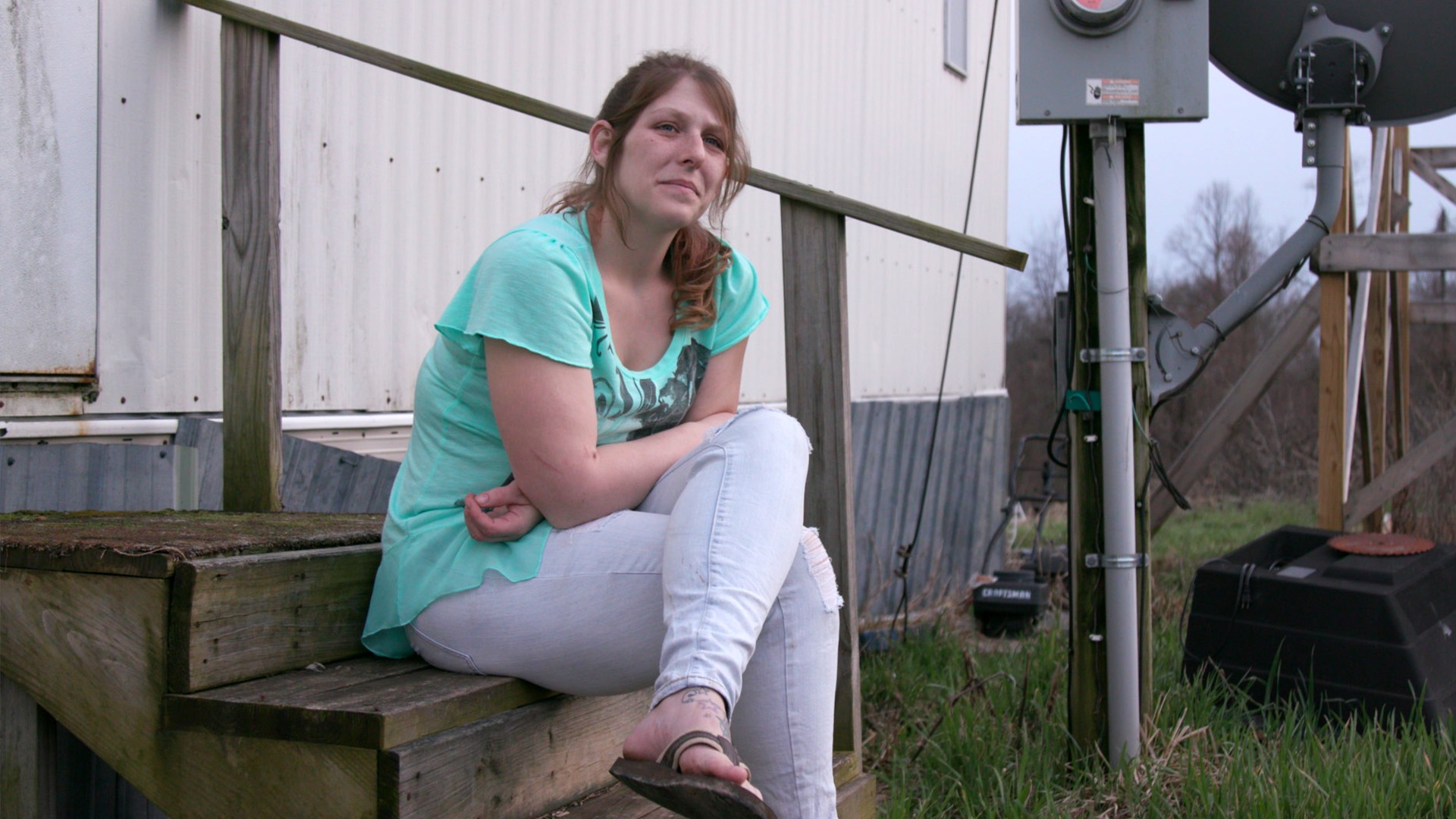Image via Wikimedia Commons
According to a senior advisor to former President Richard Nixon, the so-called "War on Drugs" started as a way to target blacks and hippies. True story.Former Nixon domestic policy chief John Ehrlichman revealed the truth last year in an interview with Harper's Magazine. He said, in part: "We knew we couldn't make it illegal to be either against the war or black, but by getting the public to associate the hippies with marijuana and blacks with heroin, and then criminalizing both heavily, we could disrupt those communities. We could arrest their leaders, raid their homes, break up their meetings, and vilify them night after night on the evening news. Did we know we were lying about the drugs? Of course we did."Yet, despite its roots in blatant discrimination and racism, Attorney General Jeff Sessions is going all-in trying to revive the War on Drugs. In short: You do the (nonviolent) crime, you do the time.Not only is the Attorney General pushing for mandatory minimum sentencing for low-level drug offenses again, but he's also planning to strengthen law enforcement's ability to seize property and money used in criminal activities—controversial, to say the least, but also a throwback to the '80s, when the War on Drugs was in its heyday.
Check out more videos from VICE:
One of those people locked up for possession is Bernard Noble. In 2010, the 47-year-old Louisiana father and aspiring businessman was stopped by police and subsequently arrested for having two marijuana joints. Because of previous drug convictions, Noble was sentenced to 13 years in prison—for a nonviolent offense. (Since then, he and his family have fought the egregious punishment, and finally, last year, his sentence was reduced to eight years. He'll likely be out of jail next year.)But, Bandele points out, the whole discussion on the War on Drugs is really a moral argument."Because as much money as we're spending on the drug war—more than $51 trillion over the course of its lifespan—you begin to think about what methods would actually help people who struggle with drug misuse." It makes more sense, she says, to address drug abuse "within a public health paradigm."
Advertisement
Since the 70-year-old attorney general insists on pursuing what many criminal justice experts see as regressive , now's an important time to speak out about the financial burden of these unfair and ineffective drug laws.According to the Drug Policy Alliance, federal and state governments have spent more than $1 trillion over the last four decades trying to address the nation's drug problem. Yet illicit drug use in the US, namely marijuana, has been increasing. In the meantime, we've locked up scores of people arrested for drug offenses, and now the country has the highest incarceration rate in the world.We've locked up scores of people arrested for drug offenses, and now the country has the highest incarceration rate in the world.
Check out more videos from VICE:

One of those people locked up for possession is Bernard Noble. In 2010, the 47-year-old Louisiana father and aspiring businessman was stopped by police and subsequently arrested for having two marijuana joints. Because of previous drug convictions, Noble was sentenced to 13 years in prison—for a nonviolent offense. (Since then, he and his family have fought the egregious punishment, and finally, last year, his sentence was reduced to eight years. He'll likely be out of jail next year.)
Advertisement
"Who's supporting his children now? Noble had a business, and all of that is now gone—all of that tax base is now gone," Asha Bandele, senior director of grants, partnerships and special projects at the Drug Policy Alliance, tells VICE Impact.The average cost to house one prisoner is $30,000 a year, she says, but that doesn't include the burden the state often undertakes when a person gets locked up and thus becomes unable to provide financially for his family. "It's not just the incarceration rates that become a burden," Bandele explained. "It's all the other things, whether it's food stamps or anything else that people need to sustain themselves at basic levels of social safety net—all of that is put on taxpayers."She added: "It would be so much cheaper to bring this stuff inside the legal framework."In fact, a 2010 report from the Cato Institute found that legalizing drugs would save the government roughly $41 billion a year in enforcing drug laws. "The report also estimates that drug legalization would yield tax revenue of $46.7 billion annually," the authors write, "assuming legal drugs were taxed at rates comparable to those on alcohol and tobacco. Approximately $8.7 billion of this revenue would result from legalization of marijuana and $38.0 billion from legalization of other drugs."Legalizing certain drugs would save the government roughly $41 billion a year in enforcing drug laws.
Advertisement
"We know proactivity costs less in terms of resources than it does the extraordinary amount of money it does to hire law enforcement and to develop these kinds of sentencing schemes that keep people in prison forever," she says. "Instead of locking people up, we could, for example, distribute real drug information, science-based, evidence-based, drug information for kids in school," Bandele says. "We don't do that; we're not proactive at all."Drug laws are a set of policies that ultimately seek "to keep people out of participating in the full citizenry of the United States," she says. That's why more black people are imprisoned on drug charges than white people, despite data showing use is about the same across races."But that's only one side of the story," she continues. "The other side of the story is that we're living in times of extraordinary resistance, as there has always been resistance to oppression. And that's what gives me hope every single day."To find out how you can help stop the War on Drugs now.READ MORE: Jeff Sessions' New War On Drugs is Bad News for People of Color
